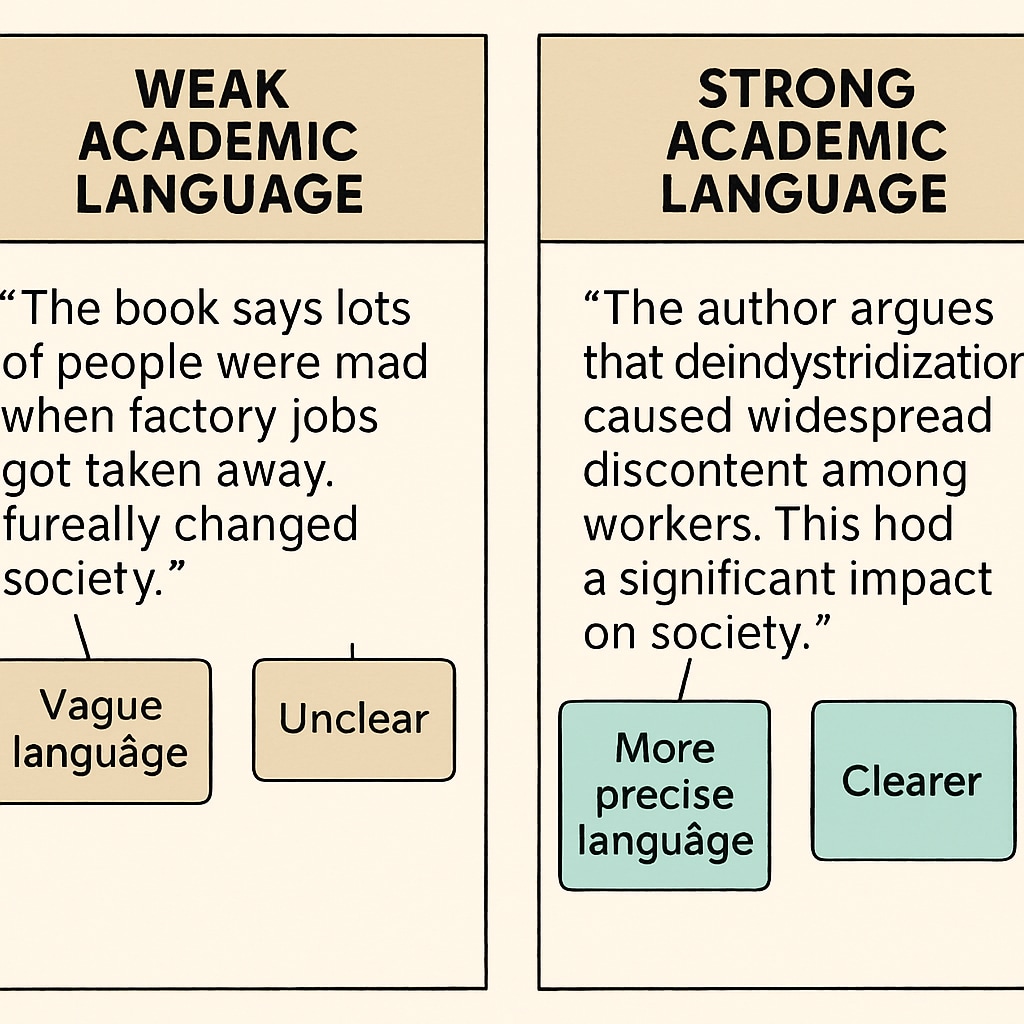Mastering report writing, exam scores, and academic techniques is crucial for high school students aiming to excel in their academic journey. Many students struggle to move beyond the 3.5-score barrier due to common challenges in structure, analysis, and presentation. This comprehensive guide will transform your approach to academic writing through practical, actionable strategies.
The Foundation of Effective Academic Reports
Before diving into complex techniques, students must master the fundamental elements of scholarly composition. The Harvard Writing Project identifies three core components of successful academic writing: clear structure, evidence-based arguments, and precise language.
- Standard formatting: Use consistent margins (1″), readable fonts (Times New Roman 12pt), and proper spacing
- Logical organization: Implement clear sections (Introduction, Methods, Results, Discussion)
- Citation accuracy: Master one citation style (APA, MLA, or Chicago) for all references

Elevating Your Analytical Writing Skills
Moving beyond basic description to sophisticated analysis separates average reports from exceptional ones. The Purdue OWL emphasizes the importance of critical thinking in academic writing. Here’s how to deepen your analysis:
- Ask “why” and “how” questions about your findings
- Compare different theories or perspectives
- Identify patterns and contradictions in evidence
- Discuss limitations and alternative interpretations
For example, instead of stating “The experiment showed higher temperatures increased reaction rates,” analyze: “The 15°C temperature increase accelerated the reaction by 40%, suggesting molecular kinetic energy significantly influences reaction kinetics, though catalyst degradation at higher temperatures may limit practical applications.”
Language Refinement for Scholarly Impact
Academic writing requires a balance between technical precision and readability. According to Oxford Royale Academy, these language strategies improve clarity and professionalism:
- Replace informal phrases with academic equivalents (“look at” → “examine”)
- Use transition words to connect ideas (however, consequently, moreover)
- Vary sentence structure while maintaining clarity
- Eliminate redundant words and vague qualifiers

Practical Exercises for Immediate Improvement
Implement these daily practice techniques to accelerate your skill development:
- Annotate exemplary papers from your discipline
- Write 200-word analytical summaries of research articles
- Participate in peer review circles for constructive feedback
- Maintain an academic vocabulary journal
Pro tip: Schedule writing sessions during your peak productivity hours and use the Pomodoro technique (25-minute focused intervals) to maintain concentration.
By systematically applying these report writing, exam scores, and academic techniques, you’ll develop the skills needed to produce work that stands out academically. Remember, consistent practice with these strategies will lead to noticeable improvements within weeks.


